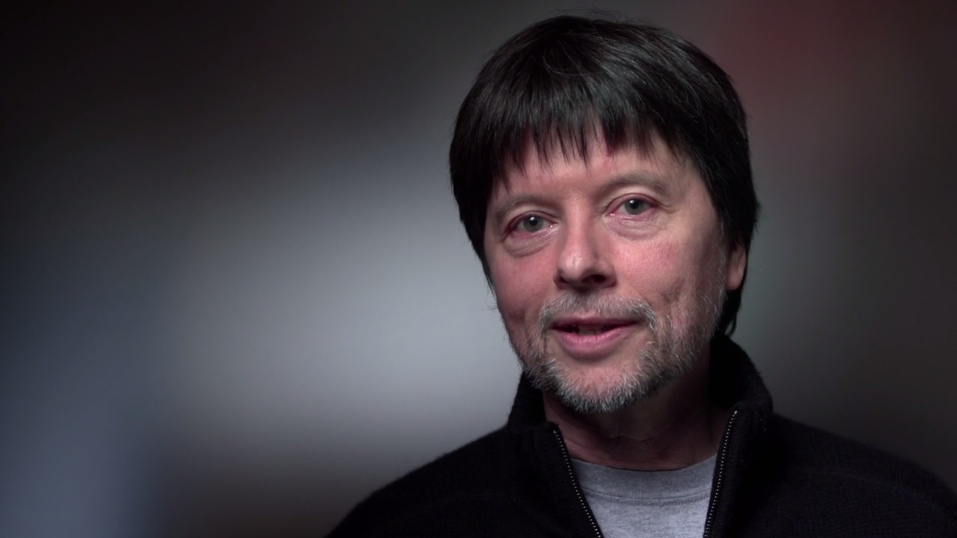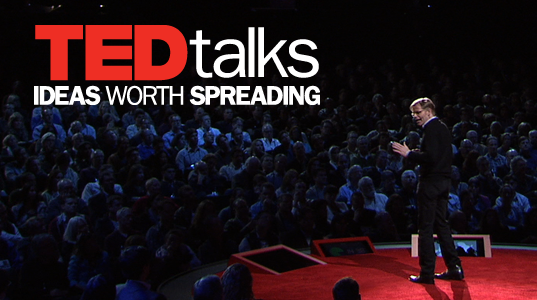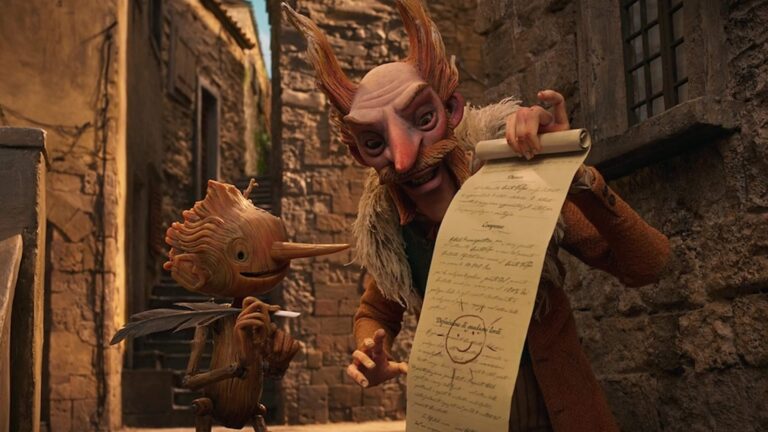
Documentary filmmaking is one of the more difficult narrative forms, and Ken Burns, director of countless documentaries and winner of numerous awards, is one of the masters.
In a recent video, Ken Burns talked about his approach to storytelling. We've boiled down his essential points here. And if you want to watch the full video, we'll include it below.
1 + 1 = 3
This is Burns’s way of saying that good stories are more than the sum of their parts. The logical parts of the brain tell you that 1 + 1 = 2, but good stories have something extra. He says that “the things that matter most to us, some people call it love, some people call it God, some people call it reason, is that other thing where the whole is greater than the sum of its parts, and that’s the three.” Does you story have something extra - something beyond the sequence of events? Do your juxtaposed characters or images create a third idea or them when combined?
Great Stories Have Contradictions
“When Thomas Jefferson said we hold these truths to be self-evident that all men are created equal,” says Burns, “he owned a hundred human beings and never saw the hypocrisy, never saw the contradiction, and more important, never saw fit in his lifetime to free any one of them. That’s a good story.” Does your story or protagonist have any inherent contradictions or dramatic irony?
Burns goes on to say that he is most interested in stories that feature good guys who have “really serious flaws” and villains who are “very compelling.”
All Story Is Manipulation
According to Jean-Luc Goddard, cinema is truth 24 times a second. Burns says it’s also 24 lies a second. He calls good storytelling “acceptable manipulation.” When people cry at a movie, it’s because you are manipulated into caring about the images of people that have been given the illusion of motion. This manipulation works as long as you do it genuinely, with an eye toward expressing emotional truth. How does your story manipulate an audience's emotions?
We Coalesce around Transcendent Stories
“I made a film on baseball once,” says Burns, “and it seemed to me that there was a dilemma for the racist of what to do about Jackie Robinson. If you were a Brooklyn Dodger fan and you were a racist, what do you do when he arrives? You can quit baseball altogether, you can change teams, or you can change. And I think that the kind of narrative that I subscribe to trusts in the possibility that people could change. I hope it’s a positive version of manipulation, but I do think that we do coalesce around stories that seem transcendent.”
Stories Can Wake the Dead
Burns says he tells stories about historical figures like Abraham Lincoln and Jackie Robinson because stories can “wake them up” from the dead.
“We have to keep the wolf from the door, you know, we tell stories to continue ourselves. We all think an exception is going to be made in our case and we’re going to live forever, and being a human is actually arriving at the understanding that that’s not going to be. Story is there to just remind us that it’s just okay.”
You can watch the full video here:
Enjoyed this video? You'll enjoy these Top 10 TED Talks on Storytelling, Filmmaking and Screenwriting
Get Our Screenwriting Newsletter!
Get weekly writing inspiration delivered to your inbox - including industry news, popular articles, and more!




























